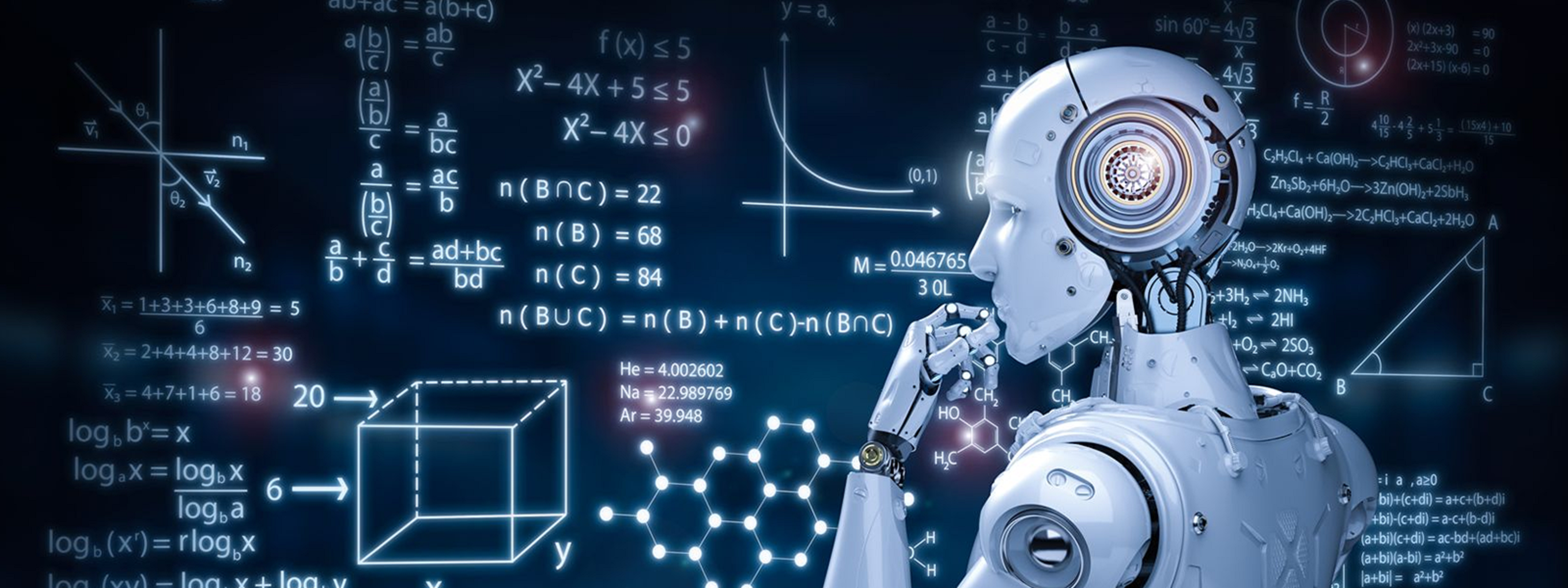Business
Artificial Intelligence will Replace 25% Jobs but MBA Holders will get benefits

Last Updated on June 3, 2023 by Robert C. Hoopes
There has been a lot of talk in recent months about the development of artificial intelligence (AI). As the state of the art advances, more and more applications are being developed on AI technology to automate formerly manual procedures. Recent research from McKinsey suggests that AI might one day replace human workers in as many as one-quarter of all occupations. Yet, which occupations are at the most risk? Which occupations are the least likely to be replaced by robots?
The research warns that manufacturing, food service, and retail are among the areas most in danger from automation. Many of the jobs in these sectors are very repetitive and mundane, making them prime candidates for computerization. Robots are already utilized for a variety of tasks in the industrial sector, including product assembly and quality checking.
On the other hand, automation is predicted to have less of an effect on certain sectors than others. Some examples of these include the medical field, schools, and businesses. Many of the jobs in these sectors involve substantial human judgment and ability, making them less amenable to automation. It’s challenging to automate many tasks because they need human judgment, such as the diagnosis and treatment of patients in the healthcare industry.
The research also specifies which job functions are most likely to be automated. Data entry, accounting, and other administrative errands fall within this category. Workers in these positions spend a disproportionate amount of time on routine activities that can be readily automated by artificial intelligence.
Hence, what does this imply for the future of employment? Automation will have a major effect on the labor market in the future. Yet, it should be kept in mind that not all vocations are equally susceptible to automation. Employees in high-risk sectors may need to retrain or find other careers if they want to keep earning a living wage in the future.
But, in sectors less likely to be affected by automation, possibilities exist for people. The demand for medical services and the consequent expansion of the healthcare sector are two such examples. This predicts an increased need for qualified healthcare professionals in the future.
In conclusion, the development of artificial intelligence will likely lead to the elimination of many jobs. The influence of automation on the labor market will be felt across the board, albeit certain sectors and job categories are more in danger than others. Those employees who can adjust to these shifts and learn new competencies will have the best long-term prospects.


